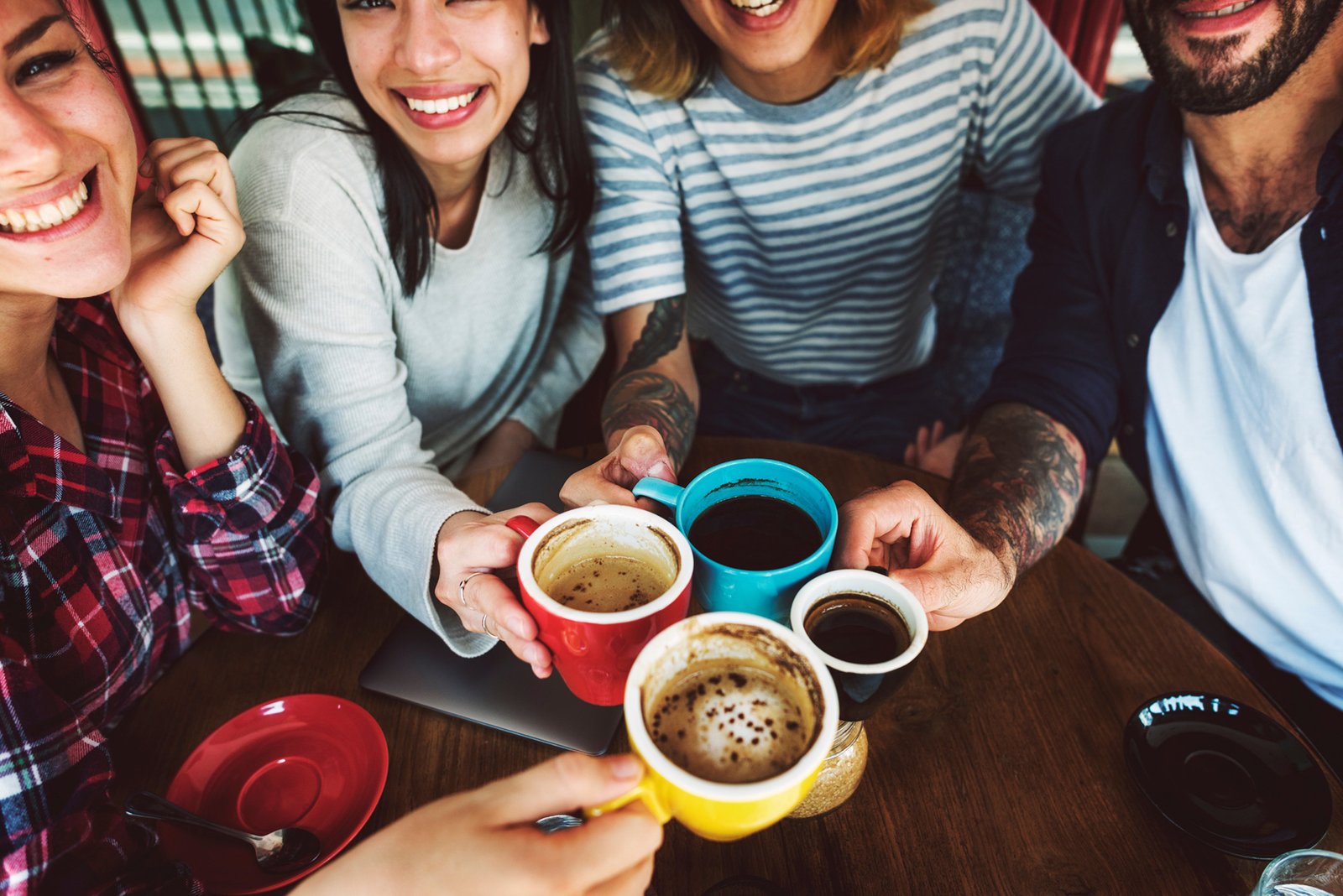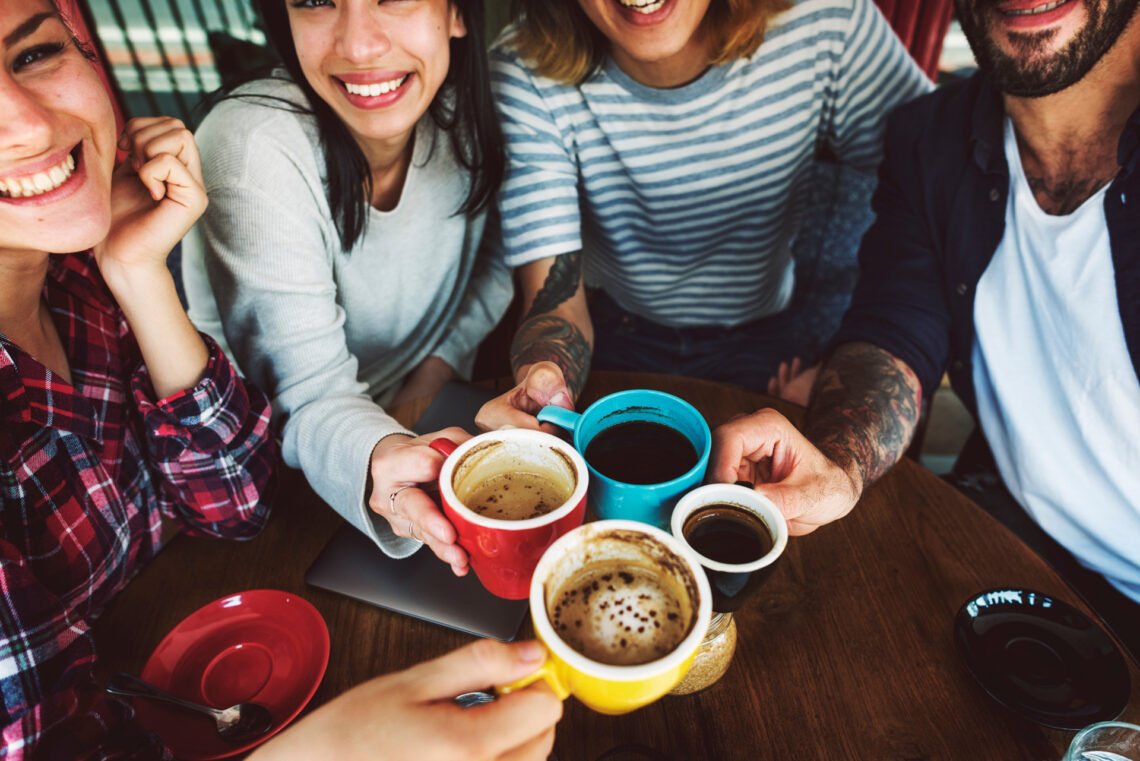
Addiction is often a social disease, particularly when abusing illicit substance such as heroin. However, even legal drugs, like alcohol, have a social element that is hard to deny. For example, people often go to the bar with friends every day on the weekend to cut loose, have fun, and end up drinking way too much alcohol. Sadly, this type of social interaction can trap an individual in a nasty cycle of addiction.
Anyone who is serious about alcohol recovery needs to seriously assess their relationship with anybody whom they have used drugs with in the past. Do these individuals offer friendship and companionship based on true feeling or mutual drug abuse? Assess this possibility and honestly weigh whether or not non-sober friends are worth your attention.
The unfortunate fact is that, nine times out of ten, a friend who abuses heroin, methamphetamine, prescription opioids, or alcohol won’t understand why a person wants to quit using substances. These individuals may then pressure their newly sober friend and try to get them to continue using. They aren’t trying to hurt their friend, per se, but merely find a social connection with them only through the abuse of various substances.
If you find that your relationship with a friend is based only on using substances together, then you should drop them from your life for good. Or, if you feel strong enough to help them, try to convince them to go through rehab, detox, or dual-diagnosis recovery. If they won’t listen to you or actively try to get you to use again, move on to a new sober friendship group.
Creating a sober support group is a powerful way to stay clean and away from problematic substances for the rest of your life. These groups can serve as a great way to have fun, meet new friends, or get support during the hard times of drug craving. A growing number of sober activity centers, including dry cafes, are popping up across the country to meet this social need.
These social outlets are a great alternative to spending all night in the bar getting drunk. Individuals who attend these cafes spend time playing games, watching movies, interacting socially, and learning more about their friends. As a result, they improve as people and better understand themselves and others.

